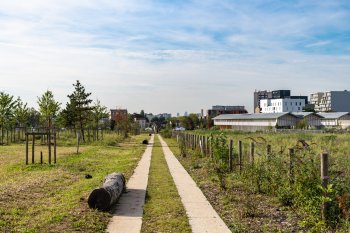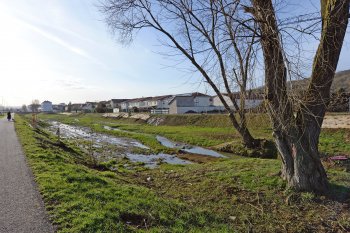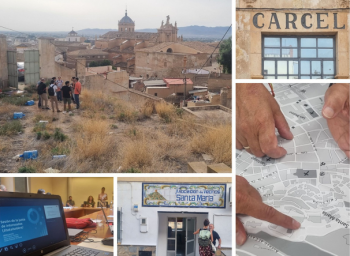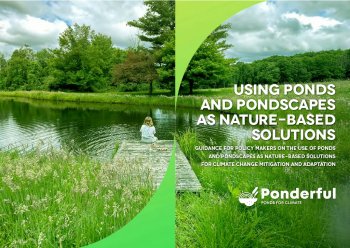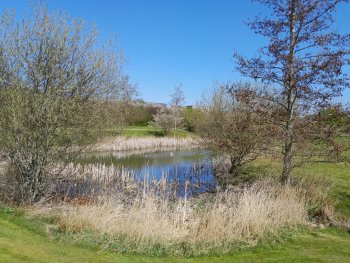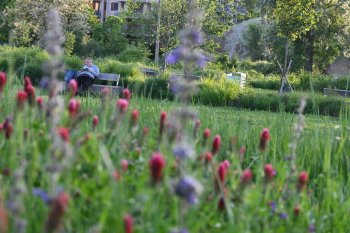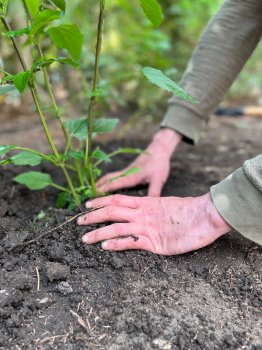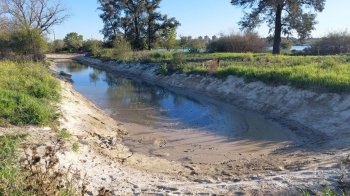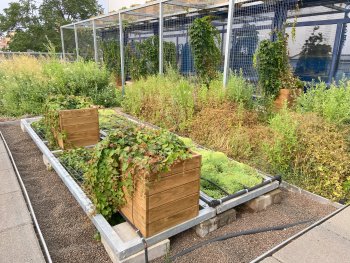Despite their critical importance for biodiversity and potential as nature-based solutions for climate change adaptation and mitigation, ponds and pondscapes are not well represented in policy. Most freshwater legislation is biased towards rivers, with ponds largely being ignored.
The Horizon 2020 PONDERFUL project has revealed more about the importance of ponds for wildlife and people and, to make this accessible to policy makers, the partnership produced a policy guidance document: sing ponds and pondscapes as nature-based solutions: Guidance for policy makers on the...

